
ʿPeople in China are no longer so optimisticʾ
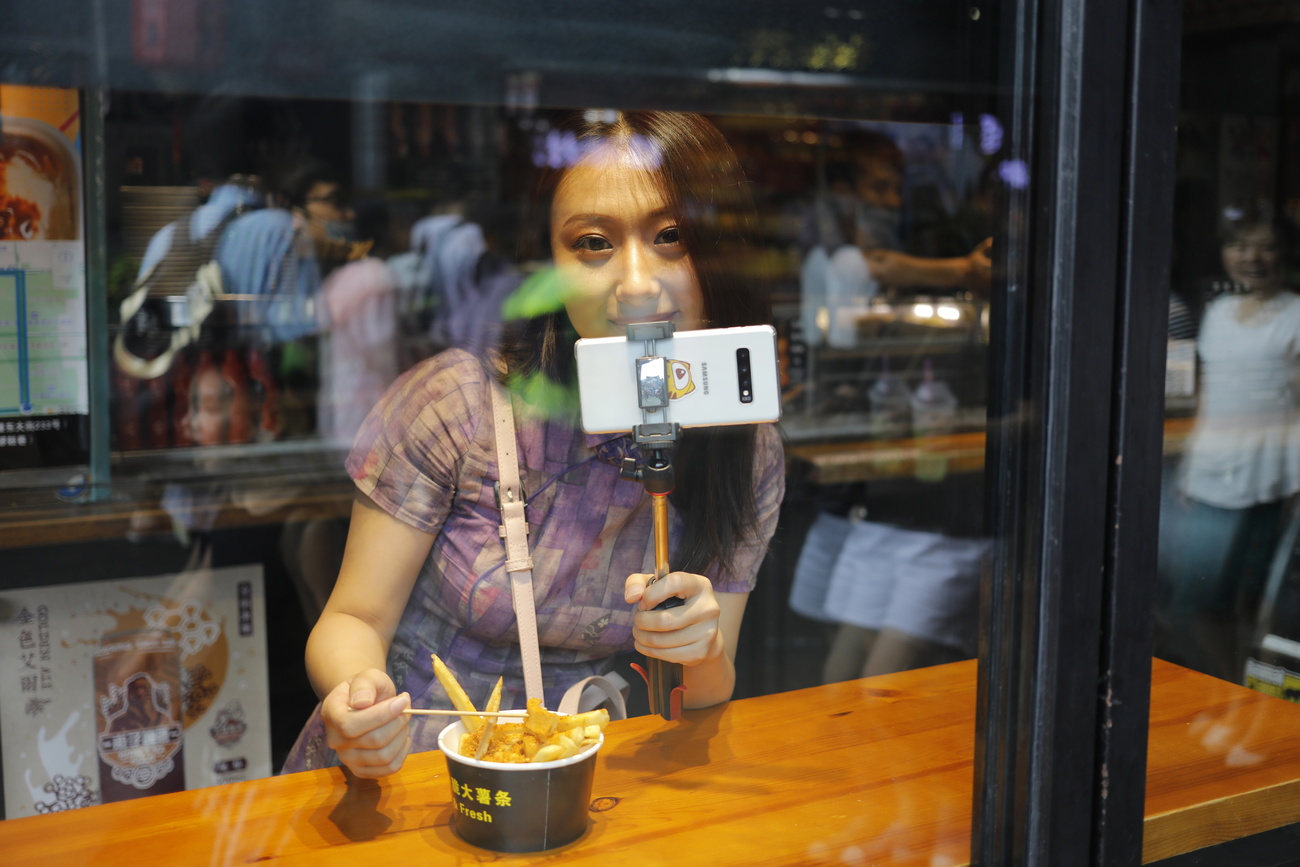
As north-east Asia correspondent of Swiss public radio SRF, Martin Aldrovandi had a ringside seat to observe the changes in China in the last few years. Now back in Switzerland, he explains how the mood of the Chinese people has increasingly darkened, and why he is making no bets about the country’s future.
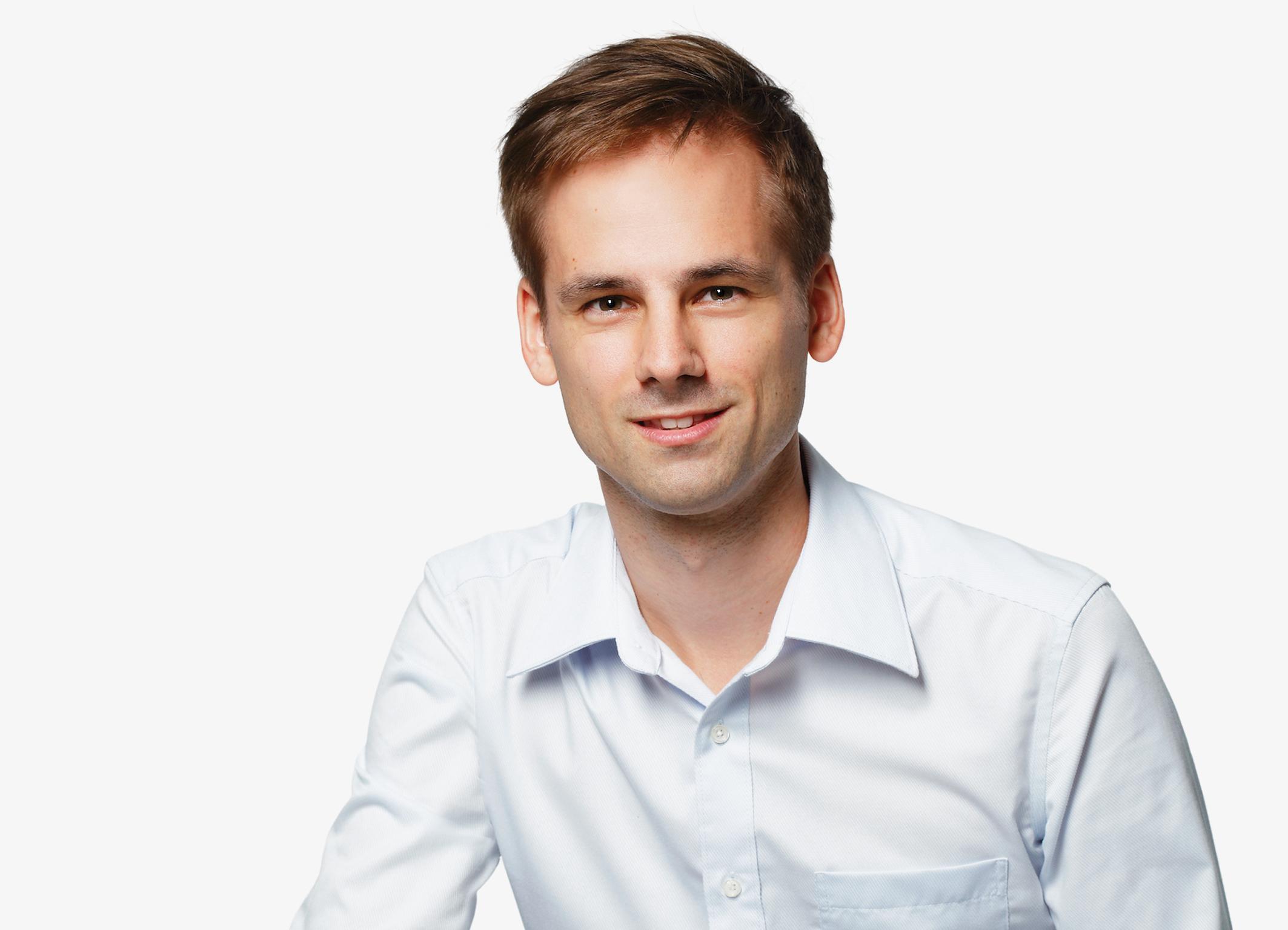
SWI swissinfo.ch: You have been working in China for six and a half years. How do you feel now, looking back on it?
Martin Aldrovandi: I have mixed feelings. On the one hand, I miss my friends and everyday life in Shanghai. As a correspondent I had the opportunity to meet many people: one day I might be talking to a political representative, the next with a migrant worker or a bank manager. This variety was very satisfying.
It has become more difficult, I must say, though, to find people who can give you information. In 2016 you could still interview plenty of university-educated Chinese. That has decreased. People on the street, too, have become mistrustful of foreign media.
At the start of my posting it was an advantage to represent a Swiss media organisation, or at least we were not taken all that seriously: “Oh, so you’re from that small country Switzerland, that’s nice, sure, let’s do an interview!” Today people are more likely to think: we need to be careful around any Western media.
You also have to be careful to protect people. Especially ordinary people, who may not know how far they can go. Their intentions are good, and after a flood, for example, they may say “Good that you’ve come!” and they show us everything. But then half an hour later the propaganda department arrives and tells them: “Just a minute – what did you tell them? You can’t do that.” So you have to be careful that you don’t create problems afterwards for your interviewees.
SWI: Were there other changes noticeable during your posting in China?
M.A: In China, there is always some sort of change happening. Suddenly there is a new office tower or a new metro station. In Switzerland things seem much more static.
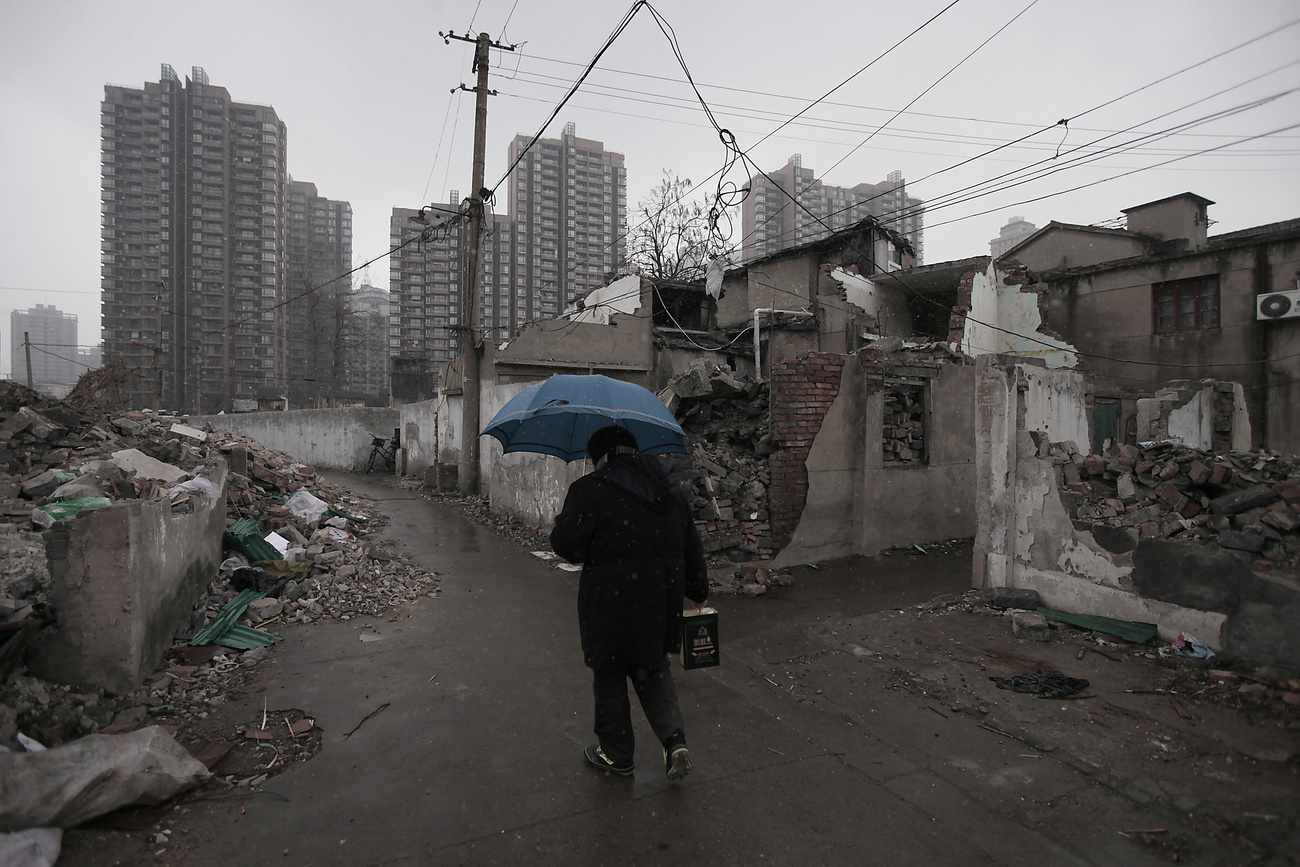
SWI: What about political change?
M.A: There is a lot more surveillance. Everywhere there are cameras, often with facial recognition software. And on the Covid–19 apps you can see where someone was at a particular time.
It is not just mistrust of foreign media that is increasing, the general mood of the populace has changed. When I was visiting China in the 2000s and 2010s, the mood was basically positive. People assumed that things were getting better year after year. There were more and more foreign companies setting up in China.
As time went on there was less and less leeway, less media freedom, more censorship on the internet, nationalism was on the upswing, and now, people are no longer so optimistic. That’s how I see it.
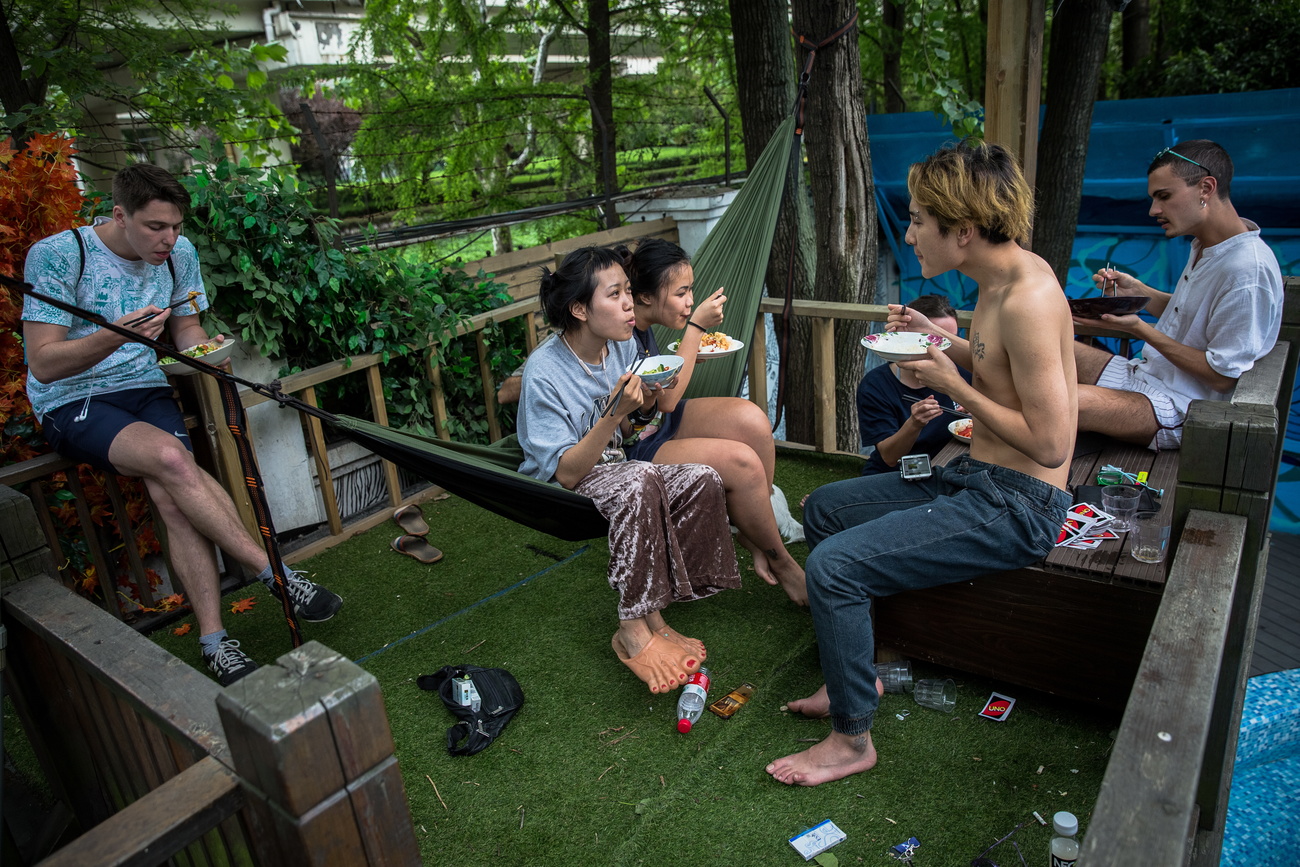
SWI: You were based in Shanghai. Was it a middle-class environment with the kind of lifestyle you could expect in Switzerland?
M.A: I lived in the old French Concession, which is very central. There are only a few tower blocks there, and many old buildings.
I had a variety of neighbours. There were longtime residents whose grandparents had lived there. There were dustmen, students, people from other Chinese provinces, and expats. So it was a good mix.
Nearby there was a traditional-style market, and just next door a hipster café with high-priced espresso. You could even find a French bakery. Further down, a place where they used to sell live chickens now has a Mercedes parked in front. It was a place where everything seemed to mix and mingle. Don’t forget that Shanghai is the biggest and wealthiest city in China.
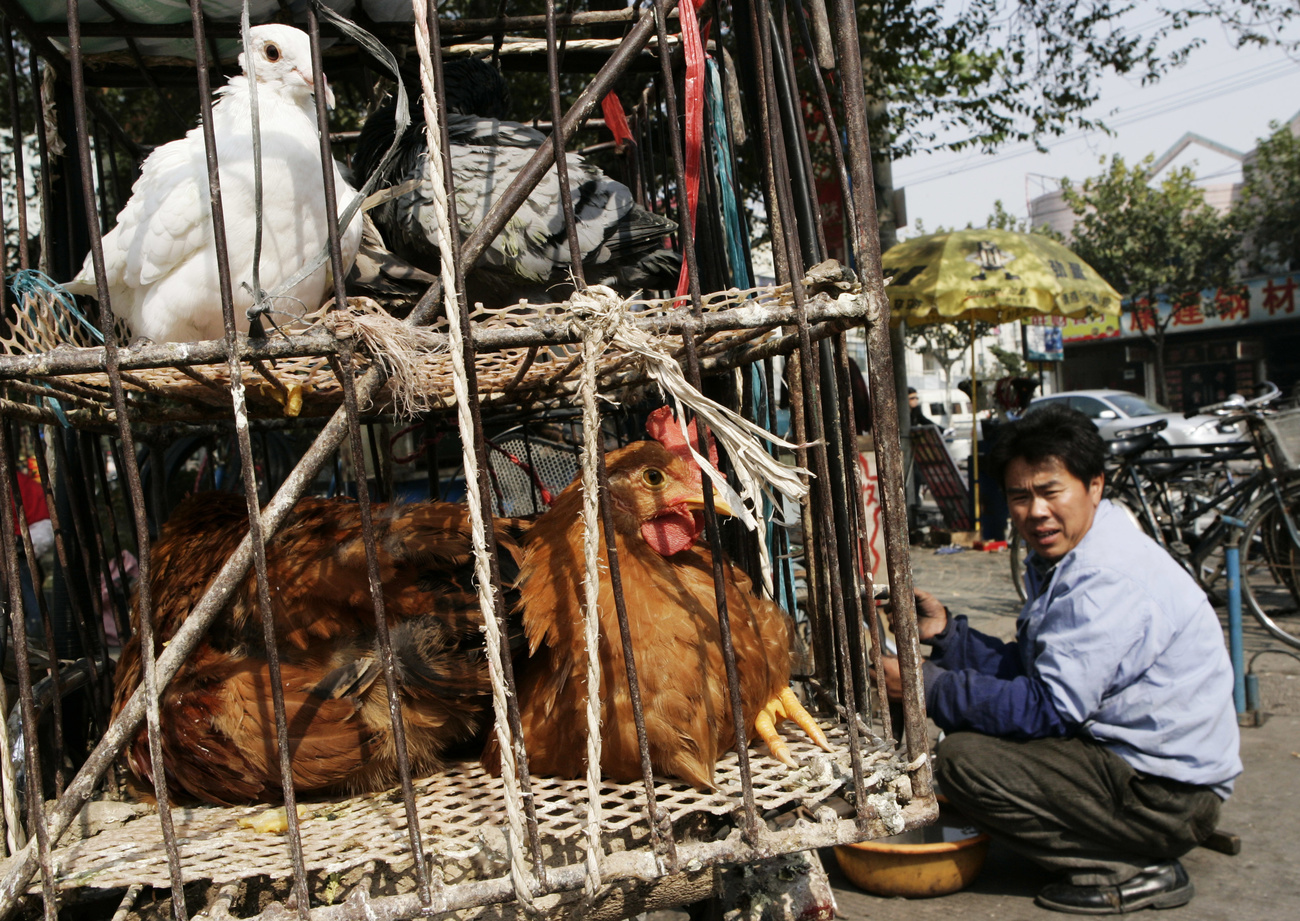
SWI: What is it like to work as a correspondent in a country like China?
M.A: It can be very difficult. We could not go to Tibet on our own; journalists can only visit on a government guided tour. Yet we were able to get to Xinjiang, where ethnic minorities like the Uyghurs live, as long as there wasn’t a Covid lockdown in force.
You have to be a bit creative, because there are minders watching your every move. That made it difficult to do interviews. You could try doing it in a car. Or sometimes I wrote things down and held them up to people, who then either nodded or shook their head. We also talked to people who no longer live in China and can speak more freely.
SWI: How does China manage all that? The surveillance must be a very costly undertaking.
M.A: I have heard that the cost of thorough surveillance in Xinjiang is very high. It has been scaled back, because in 2018 the military were much more involved.
I had a chance to talk briefly with soldiers when I was there. One of them, who came from Henan province, told me: “I don’t really want to be here, it’s so far from where I live and the culture is completely different.” Many Han Chinese have moved out of Xinjiang, because the atmosphere is so repressive.
SWI: Do ordinary people in the rest of China know much about the situation in Xinjiang?
M.A: Yes and no. There are people in Shanghai or Beijing who know that something is going on in Xinjiang, but they don’t think it’s all that bad.
I was shocked that many people did not care because it did not affect them directly. Muslims in China tend not to be well thought of and Xinjiang is remote from most people’s lives.
It was interesting that, following the lockdown in Shanghai, many people were saying: maybe it is true what is being said about the so-called reeducation camps in Xinjiang. They find it easier to credit the Party with such harsh measures, now that they have experienced this hard lockdown for themselves.
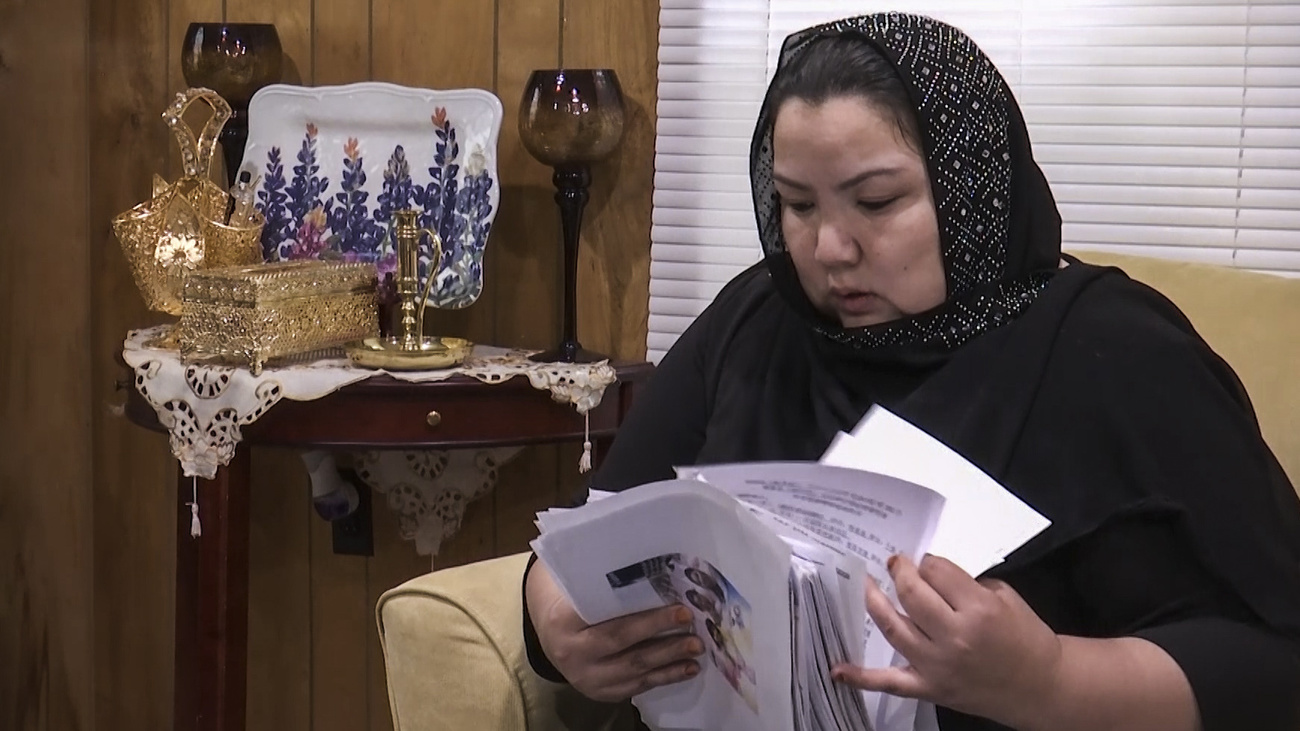
SWI: What was the pandemic in China like?
M.A: It was hard for many people. Migrant workers or people who live on the periphery could no longer get to their jobs in the city. Many had no money and no place to live. People were even fired from jobs because they tested positive. The level of individual frustration is considerable.
It’s hard for many Chinese to get out of the country right now. You have to have a good reason for travelling abroad. I found the mood to be pretty gloomy.
SWI: As regards China’s zero-Covid strategy, what is the government trying to achieve?
M.A: It is a matter of interest that many people in government and the regional administrations don’t necessarily think that the zero-Covid strategy is a good idea.
The city of Shanghai at first took a laissez-faire approach, and there was no lockdown although the infection rates were high. But then the leadership in Beijing obviously got its way, and Shanghai had to go into a hard lockdown. The zero-Covid strategy seems to be a personal thing with Xi Jinping. That’s his policy, and he can’t or won’t give it up.
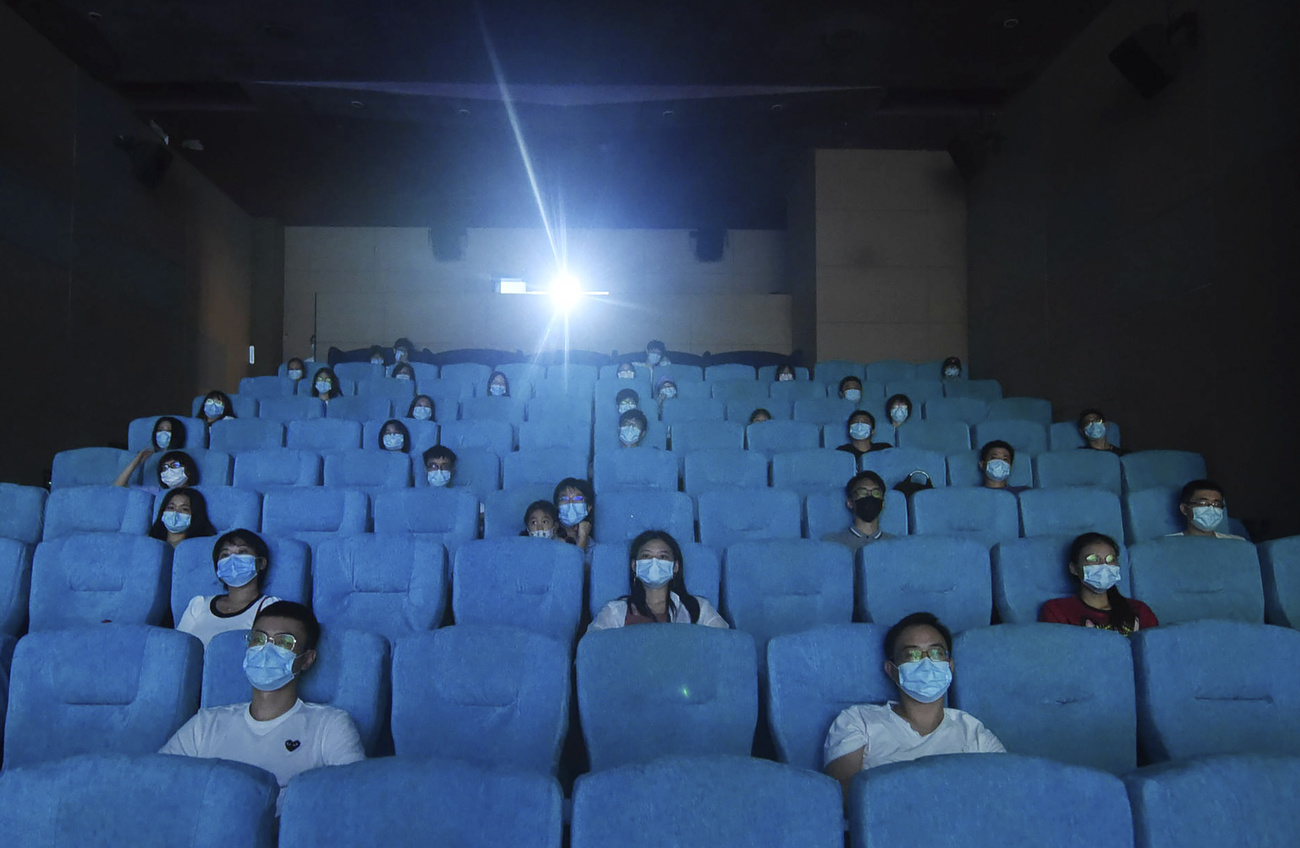
SWI: When you got back to Switzerland in August you tweeted: “Twitter, Google etc. just so accessible. No VPN required. This is something I’ll have to get used to.” What kind of a feeling was that?
M.A: It’s still an odd feeling. SRF and SWI swissinfo.ch are blocked in China, so I had to use a VPN to get to our own home page. To access Chinese apps and sites I had to exit the VPN again, because they don’t work very well that way. As time goes by, you just get used to it all. Now I can go on Twitter whenever I like, without having to find a work-around.

SWI: Tourists from China are still not coming here, because of the pandemic. When will they be able to get over to Switzerland again?
M.A: Many Chinese have actually discovered their own country during the pandemic. Instead of going on holiday to Thailand or Switzerland they now go somewhere in China.
There is a whole range of climate zones in China, you don’t need a passport, you don’t have to change currencies or apply for a visa. Many people who used to go abroad have been noticing this.
I don’t know if people will rediscover the urge to travel abroad once the pandemic is over. In China there are now plenty of ski resorts, so you don’t have to fly all the way to Switzerland!
Translated from German by Terence MacNamee
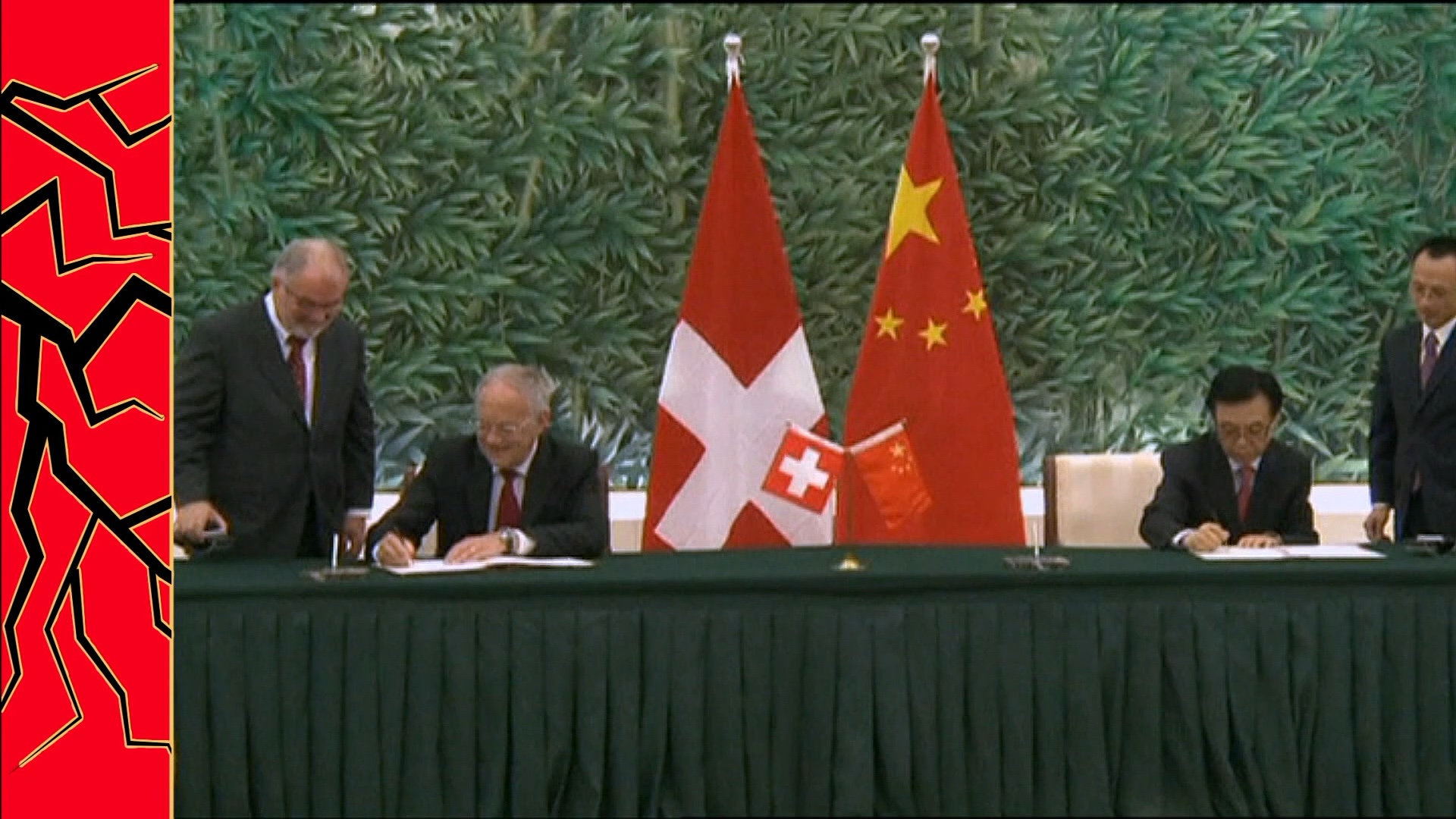
More
How China infiltrates Switzerland

In compliance with the JTI standards
More: SWI swissinfo.ch certified by the Journalism Trust Initiative































You can find an overview of ongoing debates with our journalists here . Please join us!
If you want to start a conversation about a topic raised in this article or want to report factual errors, email us at english@swissinfo.ch.